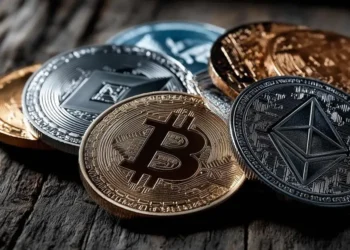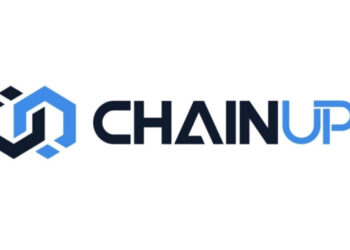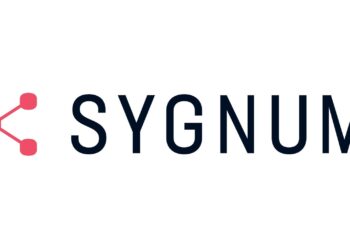As the global cryptocurrency market experiences a historic resurgence, led by Bitcoin’s record-breaking rally to nearly $110,000, Asian financial powerhouses Hong Kong and Singapore are stepping up their efforts to establish themselves as key crypto hubs. Their push comes as governments worldwide, spurred by U.S. President Donald Trump’s pro-crypto policies, seek to capitalize on the renewed enthusiasm surrounding digital assets.
For years, the regulatory landscape in Asia has been a mixed bag—ranging from outright bans in China and India to cautious acceptance in Japan and South Korea. However, Hong Kong and Singapore have emerged as front-runners in the race to attract crypto businesses, each employing distinct strategies to balance investor protection with financial innovation.
RELATED: Evaluating Hong Kong’d Drive to be a Crypto Powerhouse
Hong Kong: Chasing Liquidity and Regulatory Overhaul
Hong Kong has taken an aggressive approach, prioritizing market liquidity to bolster its attractiveness as a global digital asset hub. Last week, the city’s Securities and Futures Commission (SFC) laid out plans to introduce riskier crypto products such as derivative trading and margin financing. These moves signal a departure from the ultra-cautious stance regulators adopted after the collapse of FTX in 2022, which wiped out $8 billion in customer funds.
Eric Yip, an executive director at the SFC, emphasized liquidity as the key driver of Hong Kong’s strategy. “The one word that we need to think about always is liquidity. How do you bring liquidity to this market, hence commercial value, hence ecosystem?” he said at a recent industry event.
Since revamping its crypto framework in mid-2023, Hong Kong has issued Virtual Asset Trading Platform (VATP) licenses to 10 firms, though the vetting process remains stringent. Despite being unable to serve mainland Chinese clients due to Beijing’s crypto ban, Hong Kong has seen a sharp increase in trading volumes. In the first half of 2024 alone, its centralized exchanges received $26.6 billion in inflows—nearly triple the previous year’s figure and almost double Singapore’s $13.5 billion.
However, challenges persist. The SFC faces difficulties in hiring specialized compliance personnel, and its regulatory approach remains a work in progress. The licensing process has proven tough, with 13 firms withdrawing their applications, reflecting the complexity of meeting Hong Kong’s governance standards.
Singapore: The Regulatory Pioneer
Singapore, long seen as Asia’s leader in fintech innovation, has taken a more structured approach. The Monetary Authority of Singapore (MAS) has issued “Major Payment Institution” licenses to 30 firms, including OKX, as part of its broader efforts to regulate digital payment tokens.
Unlike Hong Kong’s liquidity-first approach, Singapore has been focused on long-term regulatory clarity. In 2022, it launched Project Guardian, an initiative that brought together regulators and global banks to explore asset tokenization—a move that has positioned the city-state as a leader in blockchain-based financial infrastructure.
Singapore’s early engagement with central banks and international regulatory bodies has given it an edge. While Hong Kong is catching up, industry experts still rank Singapore as the top Asian jurisdiction for crypto regulation.
A Global Crypto Race Intensifies
Hong Kong and Singapore’s push comes amid a broader global shift. The Biden administration’s cautious approach had previously dampened enthusiasm in the U.S., but Trump’s recent executive order promising “regulatory clarity and certainty” has reinvigorated the sector. Analysts believe his stance will influence global regulators, pushing jurisdictions like Hong Kong and Singapore to refine their frameworks further.
Meanwhile, other Asian nations, including Malaysia, Thailand, Japan, and South Korea, are contemplating policy shifts, though none have moved as aggressively as Hong Kong and Singapore.
As the world’s crypto capital remains up for grabs, both cities are making strategic bets. Whether Hong Kong’s focus on liquidity will outshine Singapore’s structured regulatory framework remains to be seen, but one thing is certain—the race to become Asia’s leading digital asset hub is well and truly underway.
If you want to read more articles like this, visit DeFi Planet and follow us on Twitter, LinkedIn, Facebook, Instagram, and CoinMarketCap Community.
“Take control of your crypto portfolio with MARKETS PRO, DeFi Planet’s suite of analytics tools.”





















